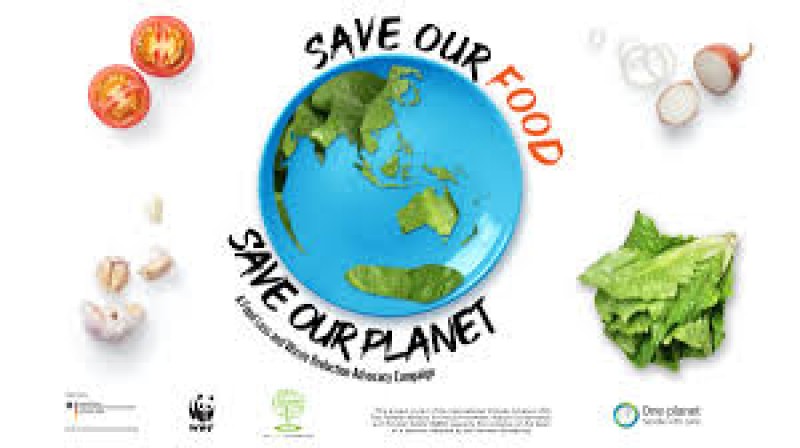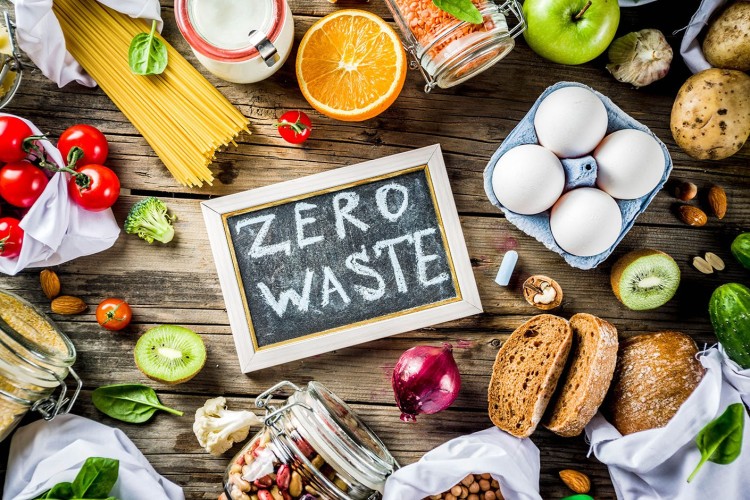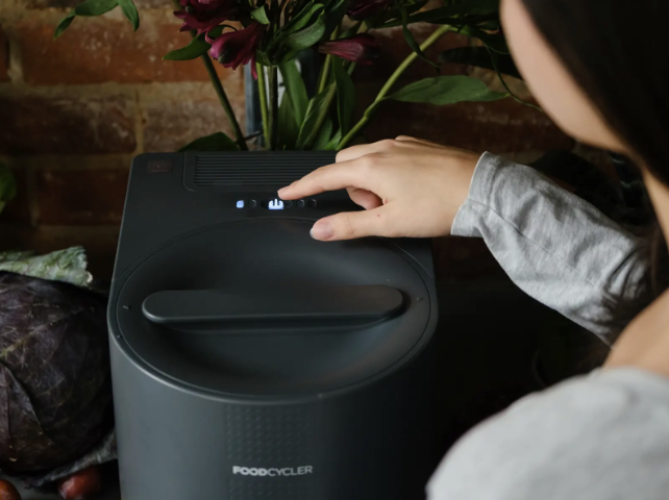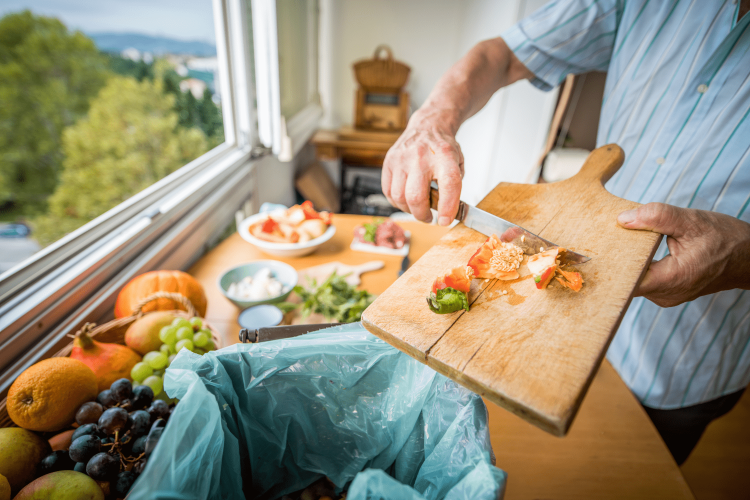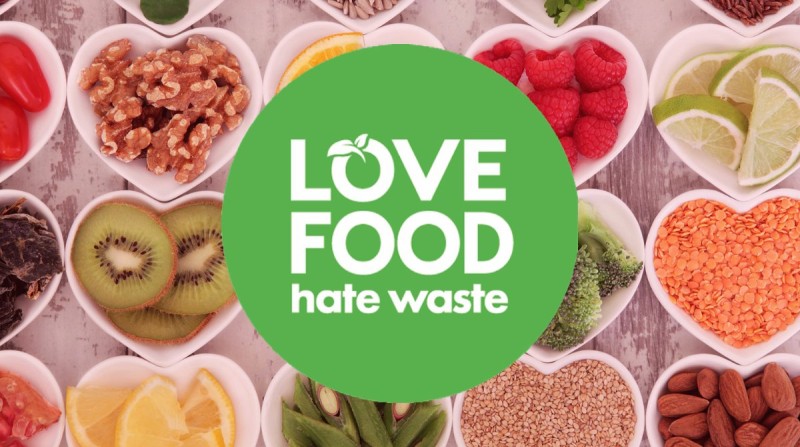
Preventing Food Waste! (Canada’s “Love Food Hate Waste” initiative)
Food waste is a global issue, but let’s dive into Canada’s “Love Food Hate Waste” initiative that aims to reduce food wastage by educating people!
Over 50% of food wasted in Toronto single-family households is avoidable, including leftovers and untouched food that could have been eaten.
Food is often wasted due to over-purchasing, lack of planning, or incorrect storage.
It’s estimated that avoidable food waste costs the average Canadian household a whopping minimum of $1,300 per year.
Think of how much you spend on groceries in a week– the average Canadian household could purchase around 6 weeks worth of groceries with the estimated amount of money spent on wasted food! That’s pretty insane…
Let’s take a look at how food waste can be prevented according to the “Love Food Hate Waste” initiative:
1. Plan ahead to prevent over-purchasing
- Take some time prior to grocery shopping planning out meals for the following week.
- Do a quick sweep of your fridge and freezer to see what you have.
- Check out what needs to be used up and refer to our previous blogs and upcoming recipes to come up with meals that could be made with your food.
2. Keep it fresh (how to store food?)
- Allow food to last longer by storing it in the correct place and setting the temperature in your fridge to 4°C or lower.
- Set one produce drawer to high humidity to store vegetables that wilt, like leafy greens, and another produce drawer to low humidity for fruits and some vegetables that produce ethylene, like apples and peppers.
- Freeze items to make them last longer.
Bread can last up to three months in the freezer, chicken can last up to nine months and most vegetables can be frozen for eight months to a year (shocking!)
3. Use it up
- Soak wilted vegetables like celery, lettuce, broccoli or carrots in a bowl of ice water for 5-10 minutes to reinvigorate them.
- Fruits and vegetables past their prime are not only great in smoothies but also taste great in baked, stir-fried and grilled dishes.
- A best before date is not the same as an expiration date. If a package has remained unopened even after the best before date, it could still be of good quality and freshness, as long as it has been stored properly (refer to the above).
Remember, you should consider food waste prevention strategies instead of reacting to food that has gone bad. Friendly reminder to always be proactive, not reactive!
References:
City of Toronto. “Food Waste.” City of Toronto, City of Toronto, 26 Jan. 2018, www.toronto.ca/services-payments/recycling-organics-garbage/long-term-waste-strategy/waste-reduction/food-waste/.
